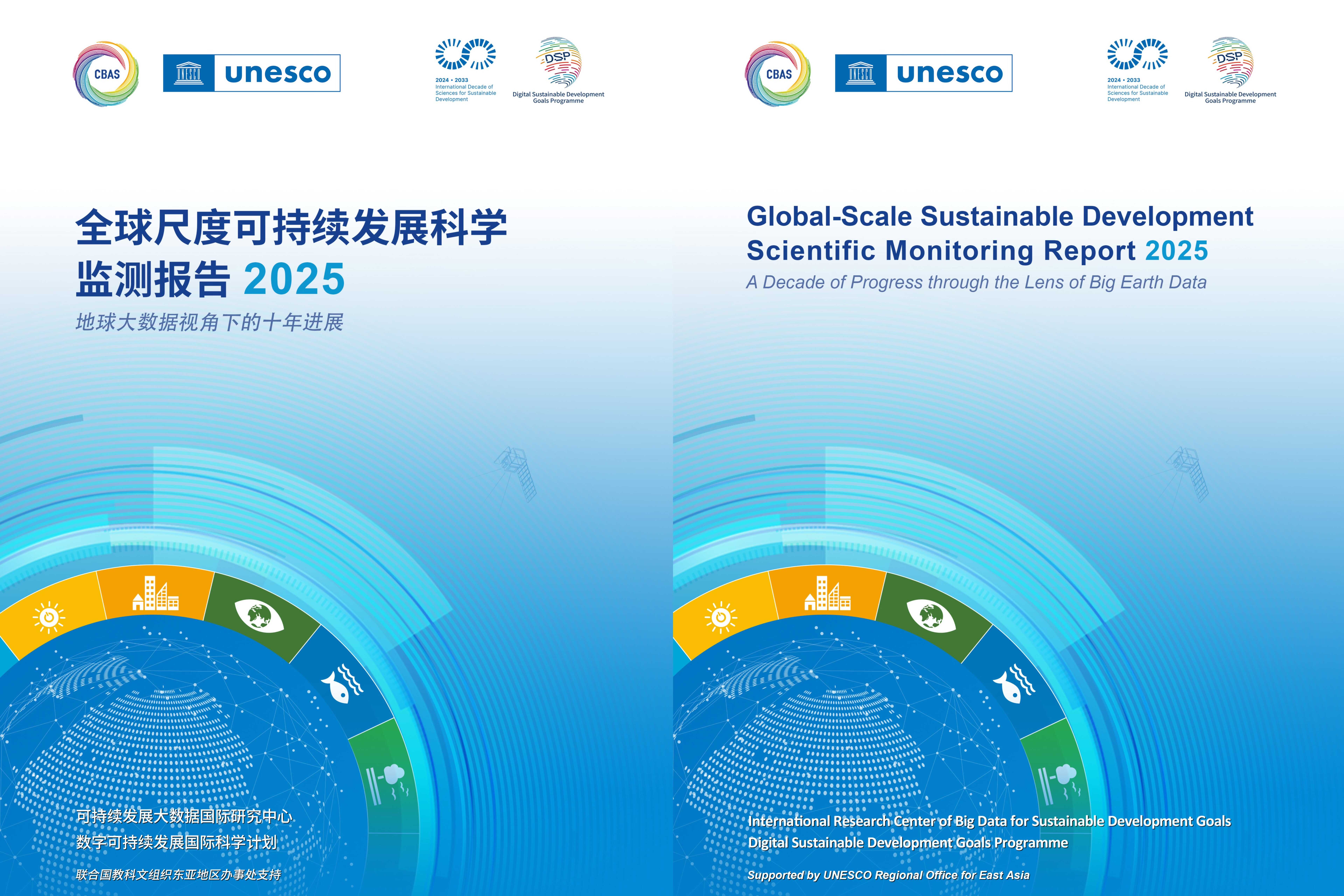
A new report utilizing Big Earth Data reveals that global progress towards the United Nations Sustainable Development Goals (SDGs) has largely stalled over the past decade, with some areas even experiencing regression. The Global-Scale Sustainable Development Scientific Monitoring Report (2025): A Decade of Progress through the Lens of Big Earth Data, released October 27, 2025, at the World Science and Technology Development Forum, provides a comprehensive assessment, finding that only one of 18 SDG indicators is currently on track to meet its 2030 target.
The report, led by the International Research Center of Big Data for Sustainable Development Goals (CBAS), involved experts from 21 countries and more than 40 research institutions and international organizations. The team employed innovative methods and global-scale, high-resolution datasets to conduct a rigorous scientific evaluation of the planet's progress on sustainable development.
The findings highlight both the urgency and the challenges ahead. While wetland conservation (SDG 6.6.1) showed "no net loss" globally between 2015 and 2022, eleven indicators face significant or serious challenges, and eight demonstrate clear regression. These include critical areas such as food security, water resources, marine ecosystems, biodiversity, and climate stability. The report emphasizes that escalating systemic risks threaten global sustainability, requiring coordinated international action.
The report's methodology represents a significant advancement in SDG monitoring. By integrating satellite remote sensing, ground-based sensor networks, and social and statistical data, CBAS and its partners have developed a Big Earth Data framework for assessing SDG progress. This framework utilizes consistent, long-term, quality-assured data to evaluate 18 indicators with high spatial variability, employing advanced statistical methods to ensure rigorous and comparable assessments across countries and time.
The report identifies countries making notable contributions to global sustainability. China, Canada, Brazil, and Norway are highlighted as positive contributors, particularly in ecological protection and sustainable resource management. China's average contribution across 15 indicators was the highest globally (5.84%), reflecting its commitment to sustainable development.
To accelerate progress in the next five years, the report calls for three priority actions. Countries must first close data gaps through initiatives like the Technology Facilitation Mechanism (TFM) and the Digital Sustainable Development Goals Programme (DSP) to ensure data completeness and timeliness. They should also deepen cross-SDG analyses, especially in food–water–energy systems, to enhance synergies and reduce inefficiencies. Finally, policy and resource allocation should be optimized based on spatially differentiated assessments to improve inclusive governance and reduce regional disparities.
"This report demonstrates how new technologies—particularly Earth observation and integrated big data analytics—can overcome the limitations of incomplete and patchy data, a hallmark of traditional monitoring systems, by providing globally comparable spatial monitoring capabilities," said Prof. Quarraisha Abdool Karim, President of the World Academy of Sciences.
CAS Member GUO Huadong, Director-General of CBAS said, "As the latest outcome of DSP under the UNESCO's International Decade of Sciences for Sustainable Development, this report and its assessment framework and data are openly shared worldwide, providing a scientific foundation for interdisciplinary SDG research and evidence-based action."
The Global-Scale Sustainable Development Scientific Monitoring Report (2025) is available for download on the CBAS website.

Bilingual cover of the Report. (Image by AIR)

86-10-68597521 (day)
86-10-68597289 (night)

52 Sanlihe Rd., Xicheng District,
Beijing, China (100864)

